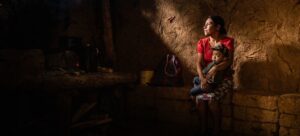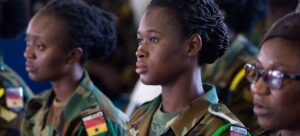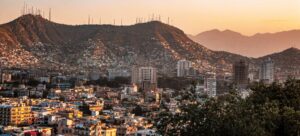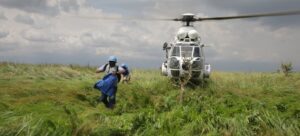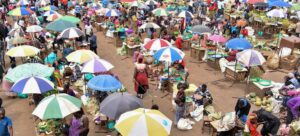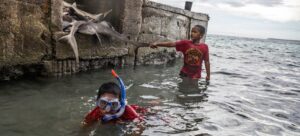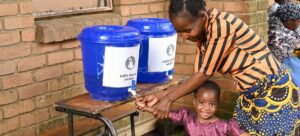“The wave of deadly violence sweeping through the occupied West Bank since the beginning of this year is the inexorable consequence of an acquisitive and repressive occupation with no end in sight, and the culture of lawlessness and impunity Israel has nurtured and enjoyed,” UN Special Rapporteur Francesca Albanese said in a statement.
Tragic loss of life
#Palestine: @FranceskAlbs urges int’l community to take firm & principled action to protect #humanrights & dignity of Palestinians as violence increases in the occupied Palestinian territory & new Israeli gov’t threatens further annexation
👉 https://t.co/JzbgFymE9A https://t.co/7tMXQMsBL4
UN_SPExperts
March 30, 2023
Recent months have been marked by escalating unrest between Israelis and Palestinians. Israel’s new hardline government has also pledged to expand West Bank settlements and annex occupied territory.
Ms. Albanese is the Special Rapporteur on the human rights situation in the Occupied Palestinian Territory.
She said Israeli violence – including the deadly raid in Jenin refugee camp on 26 January, in the old city of Nablus on 22 February, and in Jericho a week later – has left 80 Palestinians dead, and over 2,000 wounded, in less than 90 days.Thirteen Israelis also were killed by Palestinians during this period.
“Every loss of life, whether Palestinian or Israeli, is a tragic reminder of the price people pay for not addressing pervasive injustice and its root causes,” she said.
Repressive occupation, symbolic condemnation
The rights expert noted that over the past decades, the international community has witnessed record-high numbers of Palestinian deaths and injuries.
Meanwhile, Palestinians have also endured confinement, land confiscation, home demolitions, fragmentation, discriminatory law enforcement, mass incarceration and other countless abuses, indignities and humiliations.
“Israel, emboldened by a lack of meaningful intervention, has consolidated its acquisitive and repressive occupation, with Member States offering little more than symbolic condemnation, humanitarians providing band-aid aid, and legal scholars entangled in theoretical debates,” she said.
‘No equal parties’
Her statement urged the UN to “move beyond simply counting casualties and calling for restraint.”
The Organization “cannot indulge in the condescending acceptance of an irresolvable ‘conflict’ and the myth of conflicting narratives, and in urging the ‘parties’ to ‘de-escalate tensions’ and ‘resume negotiations,’” she said.
“In reality, there are no equal parties nor a proper ‘conflict,’ but rather an oppressive regime that threatens the right of an entire people to exist,” she insisted.
Furthermore, “tolerating annexation would legitimise aggression, bringing international law back almost a century: this is the reality the international community must stop immediately and reverse.”
Oppose annexation, support self-determination
Ms. Albanese urged the international community to recommit to the ideals of the UN Charter, in the interest of both Palestinians and Israelis.
“To maintain its credibility and purpose, the UN must acknowledge that conflicting narratives and historical facts must be resolved through the lens of legality and justice, and work effectively to oppose any forms of annexation of occupied territory, realise the right to self-determination of the Palestinian people and terminate the apartheid regime Israel is enforcing upon them.,” she advised.
About Special Rapporteurs
Special Rapporteurs are appointed by the UN Human Rights Council, which is based in Geneva.
These independent experts are mandated to monitor and report on specific thematic issues or country situations.
They are not UN staff and do not receive a salary for their work.
#Palestine: @FranceskAlbs urges int’l community to take firm & principled action to protect #humanrights & dignity of Palestinians as violence increases in the occupied Palestinian territory & new Israeli gov’t threatens further annexation
👉 https://t.co/JzbgFymE9A https://t.co/7tMXQMsBL4

